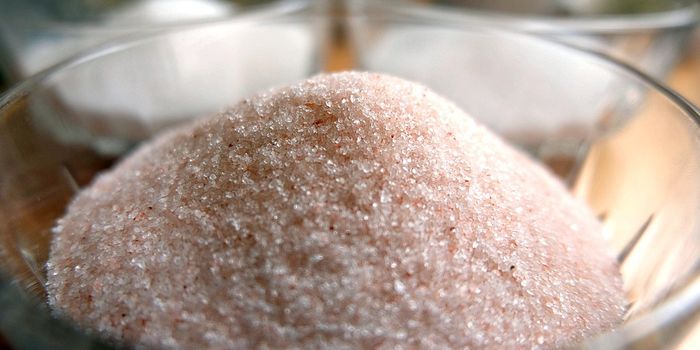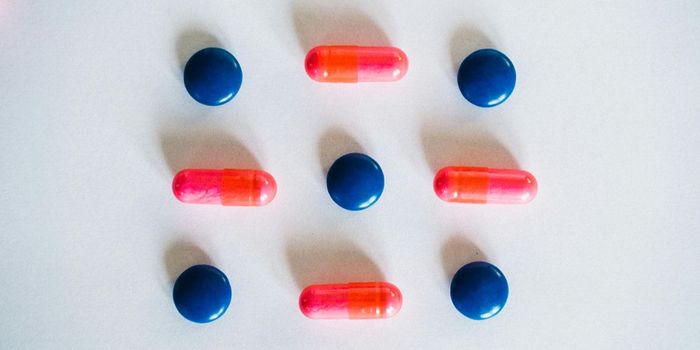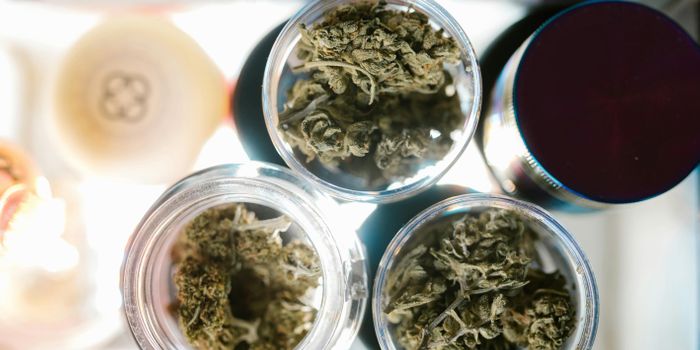
What’s the most stressful day of the month for you? For many people, it’s the day their bills are due. Financial stress causes many to feel like their life is out of their hands. It is this perceived feeling of lacking of control that researchers believe may link financial stress to actual physical pain.
According to study author Eileen Chou, "it physically hurts to be economically insecure." The University of Virginia professor has based her results on "six studies, [which] establish that economic insecurity produces physical pain, reduces pain tolerance, and predicts over-the-counter painkiller consumption."
Chou and her colleagues, including ethics professor Bidhan Parmar and Columbia University social psychologist Adam Galinsky, grounded their hypothesis in an observation of two co-occurring trends: an increase of economic insecurity and an increase of complaints of physical pain.
The researchers hypothesized that the feeling of economic insecurity caused people to feel like they lacked control over their lives. This feeling would trigger psychological processes associated with fear, stress, and anxiety. These processes have similar neural mechanisms to the mechanisms that underlie pain.
In one study, researchers took data from a diverse consumer panel of 33,720 participants. The data showed that households in which both adults were unemployed spent 20 percent more on over-the-counter painkillers than households in which at least one adult was employed.
In another study, which was conducted online, data from 187 participants suggested that two measures of economic insecurity were correlated with their pain. The two measures were their own unemployment and the state-level of financial insecurity. The participants’ pain was measured by a four-item pain scale.
In another online study, the researchers asked participants to either recall a period of economic instability or economic stability. The participants in the former category reporter almost double the amount of physical pain than the participants in the latter category. The pattern was maintained even when taking the person's age, employment status, and negative emotions into consideration.
One lab-based study found that economic insecurity could be linked to pain tolerance. Researchers recruited student participants and split them into two groups. They prompted one group of participants to think about entering an uncertain job market and the other group of participants to think about entering a stable job market. The researchers then placed the participants’ hands into a bucket of ice water. Students who thought of the unstable job market showed a decrease in pain tolerance, whereas the students who thought about entering a stable job market did not demonstrate a change in pain tolerance.
The combined results of the studies highlight the importance distinguishing between subjective and objective experiences. Subjective experiences are based on how a person perceives reality, rather than how reality is. How one person perceives an experience greatly differs from how another person perceives the experience, due to their personal memories, biases, and feelings. It’s not technically possible to have an objective experience.
A person’s subjective view of their economic stability has consequences beyond their objective economic status, Chou and her colleagues wrote. "By showing that physical pain has roots in economic insecurity and feelings of lack of control, the current findings offer hope for short-circuiting the downward spiral initiated by economic insecurity and producing a new, positive cycle of well-being and pain-free experience," the researchers said.
The research was published in the journal
Psychological Science on February 22, 2016.
Sources:
Association for Psychological Science press release









